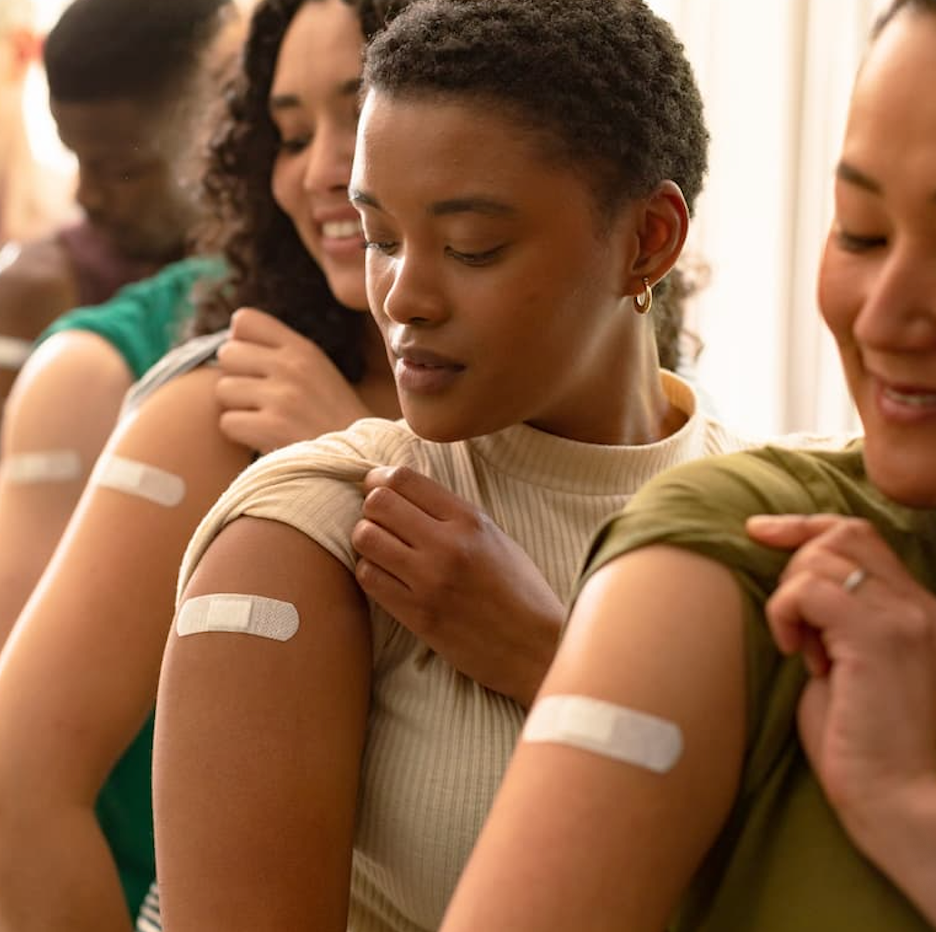Vaccine Trust Varies Widely Across Countries
Global trust in vaccines varies widely, influenced by factors like age, education, income and cultural contexts.
By
Lana Pine
| Published on December 6, 2024
5 min read
Credit: Adobe Stock/wavebreak3

Global trust in COVID-19 vaccines varies significantly, with the pandemic shaping public perceptions of both COVID-19 and traditional vaccines, emphasizing the need for localized strategies to address hesitancy. Investigators say understanding vaccine trust and perceptions globally can help public health leaders create interventions tailored to local vaccine concerns.
Trust in the safety and efficacy of vaccinations is crucial to the successful implementation of immunization programs. This trust extends past a person’s confidence in the vaccine — which is impacted by personal characteristics including education, religion and race — and includes trust in the institutions that create, regulate and administer vaccinations. This combination significantly impact’s the individual’s likelihood of getting vaccinated, with better uptake increasing herd immunity and the prevention of infectious disease.
“The global landscape of vaccine trust is characterized by a myriad of factors, including cultural, socioeconomic, political and historical influences,” wrote a team of investigators led by Chelsea D’Silva, the director of research and impact at the not-for-profit 19 to Zero Inc. “Each country presents a unique set of circumstances that can either foster or challenge public confidence in vaccination efforts.”
To understand how vaccine trust differs across countries as well as the link between vaccine trust and perceptions of influenza and COVID-19 vaccines, researchers surveyed 7,000 adults from seven countries (the United States, the United Kingdom, Nigeria, France, Canada, Brazil and India) between August 7 and 16, 2023.
The survey consisted of demographic questions (including age, sex, income and education), COVID-19 vaccine-related questions, influenza vaccine-related questions and the Vaccine Trust Gauge. Participants were recruited via telephone, social media and direct email solicitation, and the survey was available in English, French, Portuguese and Hindi.
The respondents were evenly split between women and men, half of participants earned less than the average median income, and 1 in 5 individuals had attained a university degree.
The likelihood of reporting high trust in vaccine decreased by 1.4% for every one-year increase in age. High vaccine trust was also significantly less likely among those with no college education and those with below-average yearly income.
Countries with the highest proportion of high vaccine trust were Brazil (78.8%), India (66.7%), Nigeria (61.8%) and the United Kingdom (60.8%). Countries with the highest proportion of respondents with low vaccine trust were the United States (12.8%), France (10.7%) and Canada (10.2%).
Trust in COVID-19 vaccines was the highest in Brazil (84.6%) and India (80.4%) — two countries that were most concerned about illnesses caused by COVID-19. They also had the highest proportion of people who continued to receive additional booster shots. The countries with the lowest trust in the COVID-19 vaccines were the United States (63.5%) and France (55.0%).
While 47.5% trusted traditional protein-based vaccines more than mRNA vaccines, 39% were neutral. Over half of respondents reported the pandemic increased their appreciation of vaccines’ importance in preventing severe illnesses.
Investigators noted limitations included conducting the survey in August 2023, after the World Health Organization (WHO) said the pandemic was “over.” However, gathering information from seven countries around the world and ensuring the best representation of each country’s populations using a stratum-based sample design strengthened the findings.
“These differences highlight the importance of context-specific considerations and the need for comprehensive cross-cultural analysis to refine public health strategies and interventions tailored to each country’s unique circumstances,” investigators concluded. “Tailoring interventions can ultimately contribute to achieving higher vaccination rates and fostering a more resilient and responsive global health landscape.”

